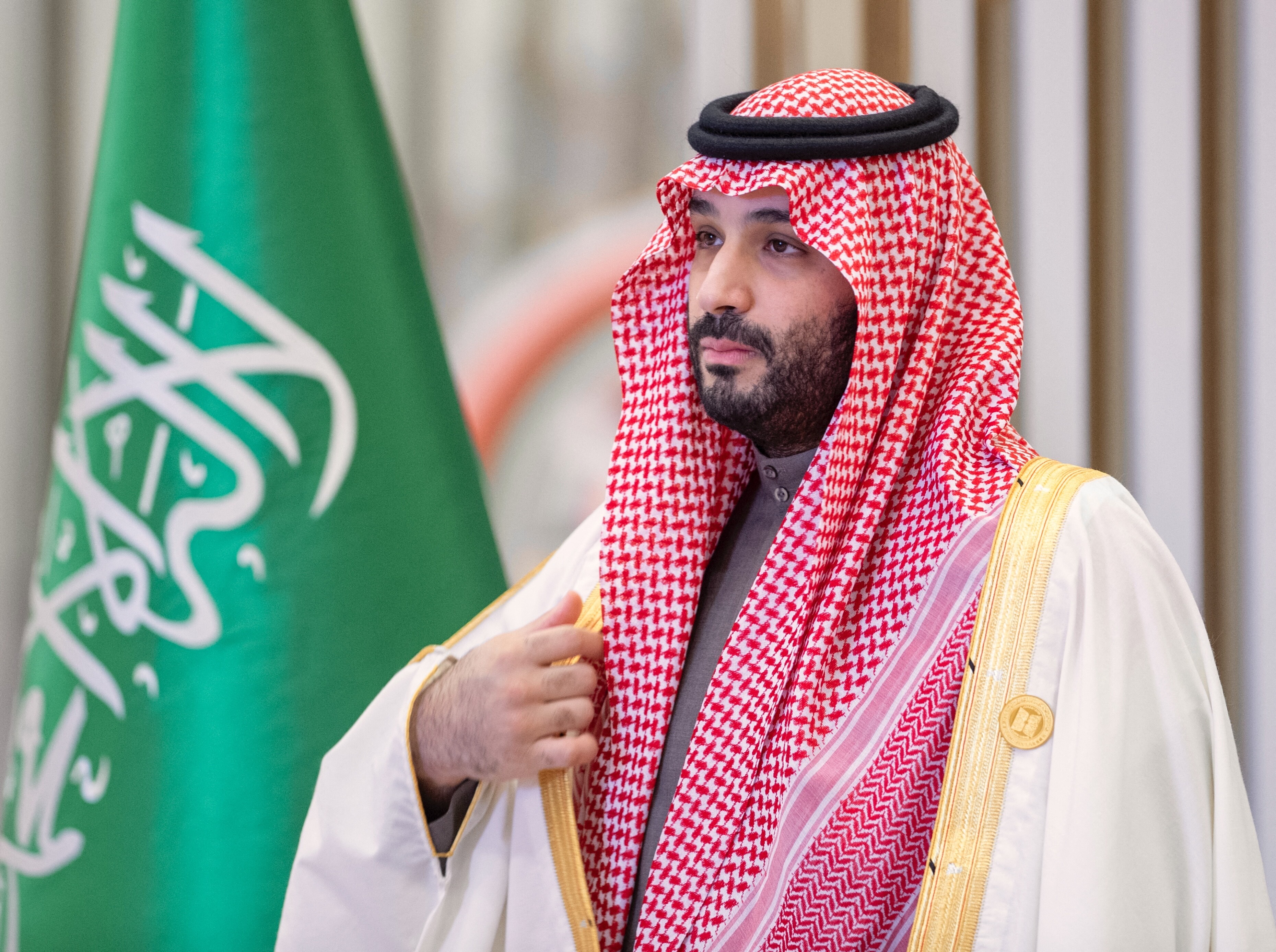Here is a recap of some of the important developments in the Middle East and North Africa region, especially its two largest economies: Saudi Arabia and the UAE (June 13, 2025)
Saudi Arabia: Strategic Choices, Sectoral Shifts
Crown Prince Mohammed bin Salman has declined an invitation to attend the upcoming G7 Summit in Canada. While no official reason was given, the decision underscores the Kingdom’s continued preference for select foreign engagements amid a focus on domestic transformation and regional influence.
In the financial sector, Fitch Ratings has projected a notable uptick in mergers and acquisitions within Saudi Arabia’s insurance industry. This consolidation is being driven by tighter regulatory capital requirements and persistent underwriting pressure, aligning with the broader economic restructuring under Vision 2030.
Meanwhile, industrial ambitions are accelerating. Riyadh has launched the Advanced Manufacturing and Production Center (AMPC), a cornerstone initiative aimed at positioning the Kingdom as a global hub for digital manufacturing and innovation. Complementing this industrial pivot, the Saudi Ports Authority (Mawani) has added the MSC Himalaya Express shipping service to King Abdulaziz Port and Jubail Commercial Port—bolstering export capacities and enhancing competitiveness.
Tourism and logistics continue to evolve. Aroya Cruises, the first Arab cruise line and a subsidiary of the PIF-backed Cruise Saudi, has set sail for the Mediterranean ahead of its inaugural season starting June 28. The move is a milestone in Saudi’s efforts to diversify tourism and project soft power.
In the tech sector, Saudi Arabia is reportedly in talks to participate in OpenAI’s $40 billion funding round. Backed by SoftBank, the round includes discussions with the Kingdom’s Public Investment Fund (PIF), alongside investors from India and the UAE. The funding would support AI model development and OpenAI’s ambitious Stargate supercomputer project.
UAE: Youth Development and Regional Port Expansion
In the UAE, the Khalifa Fund for Enterprise Development has opened registration for its 8th Venturist Summer Camp, aimed at nurturing entrepreneurship among Emirati youth aged 13–18. The initiative supports talent development and aligns with the country’s innovation-driven growth goals.
On the maritime front, AD Ports Group has signed three strategic Heads of Terms with Bahrain’s ASRY to collaborate on marine services and port development—strengthening UAE’s position as a regional logistics powerhouse.
Wider MENA: Real Estate Booms, Tourism Rises, and Growth Disparities Emerge
Qatar’s real estate sector recorded transactions exceeding QAR 1 billion in the first five days of June, driven by strong demand for residential and commercial assets across key municipalities.
In Jordan, tourism revenue rose 17.5% in May to $630 million, bringing total earnings for the first five months of 2025 to $3.06 billion. The uptick reflects a 20.6% surge in tourist arrivals, underlining Jordan’s growing appeal as a travel destination.
Morocco emerged as North Africa’s financial leader, with six of the region’s top 20 listed firms based in the country—highlighting its market maturity. In contrast, Algeria had none on the list, underscoring uneven regional development.
The North African tourism sector is also experiencing a notable rebound. A sharp increase in British tourists choosing Morocco, Egypt, and Tunisia over European destinations has fueled flight and hotel demand—boosting the local travel economy.
However, not all regional economies are thriving. The World Bank has downgraded Tunisia’s GDP growth forecast for 2025 to just 1.9%, citing fiscal instability and sluggish structural reform.








